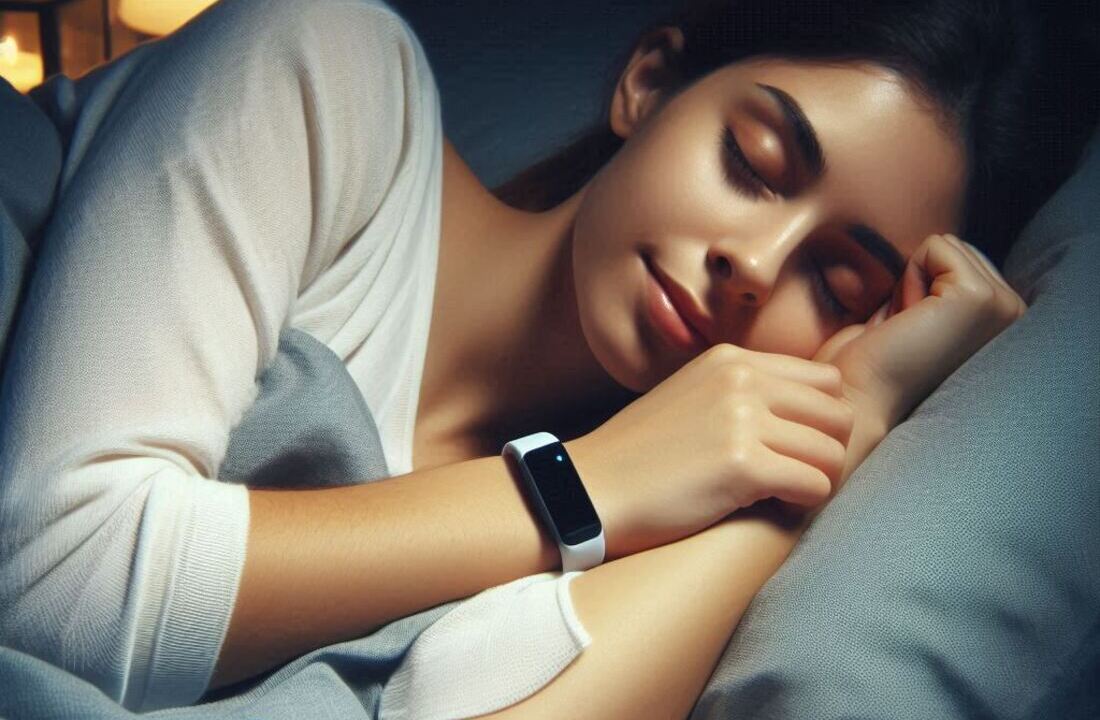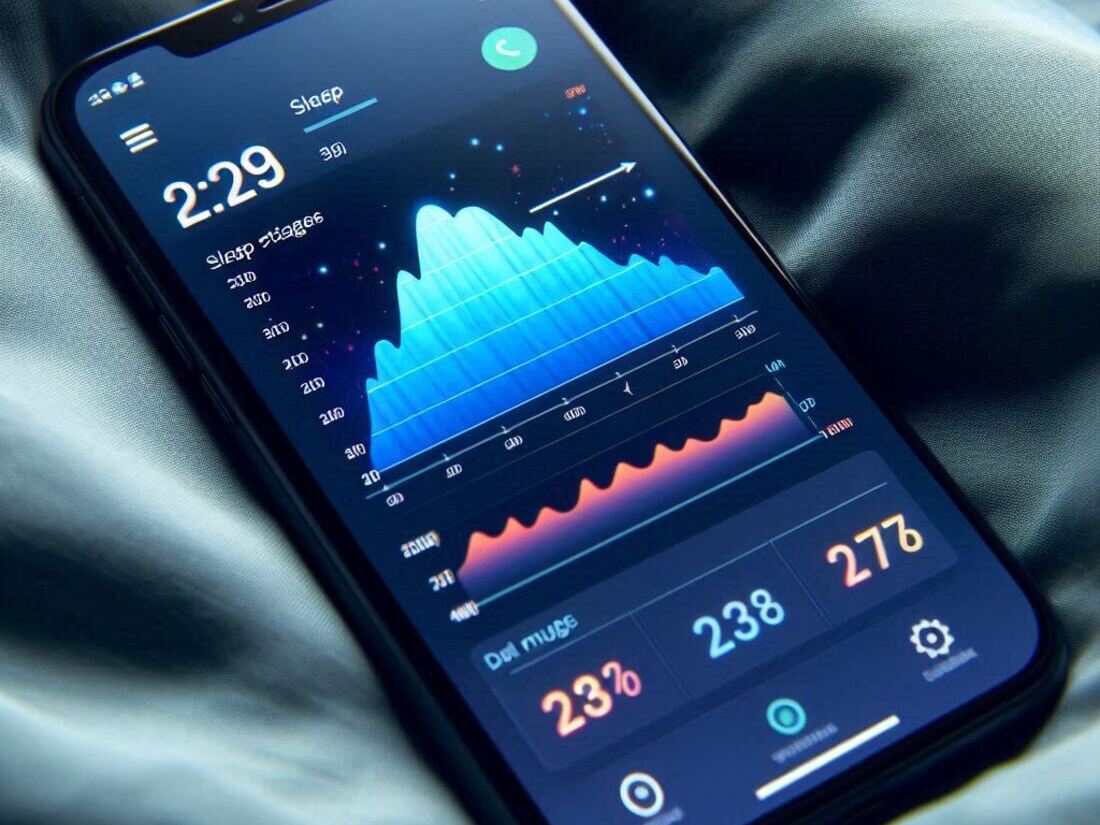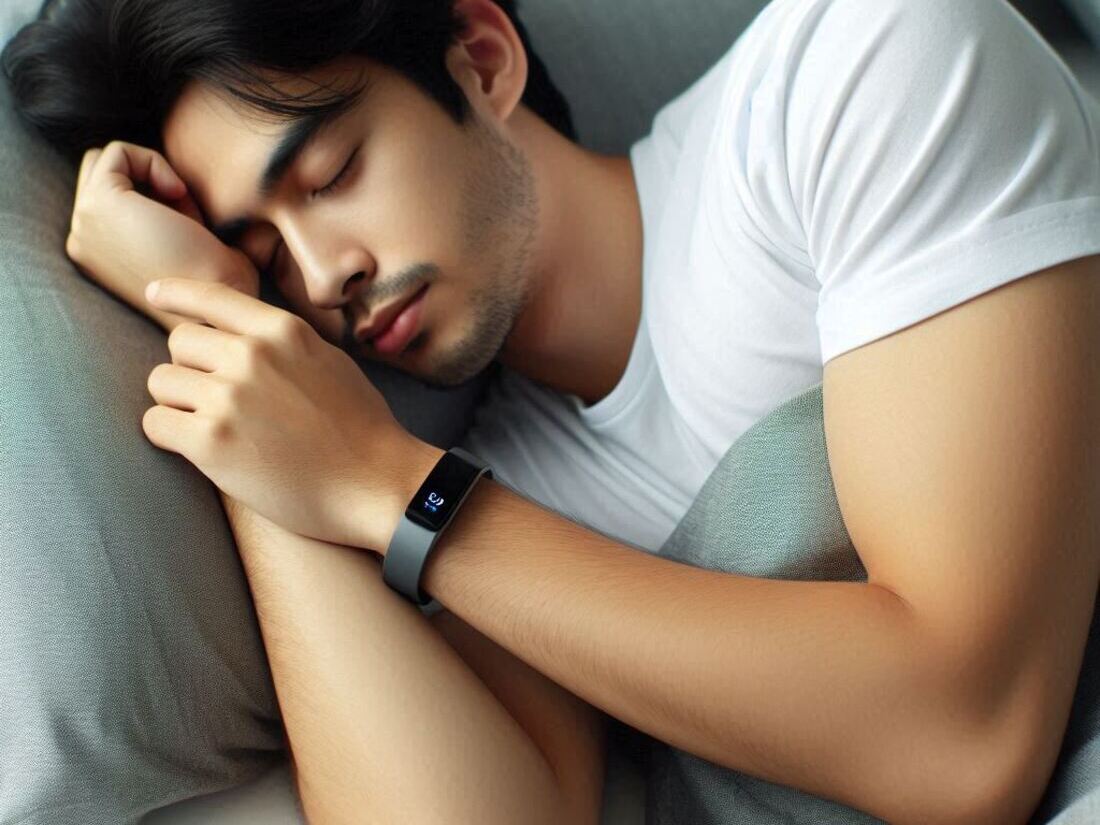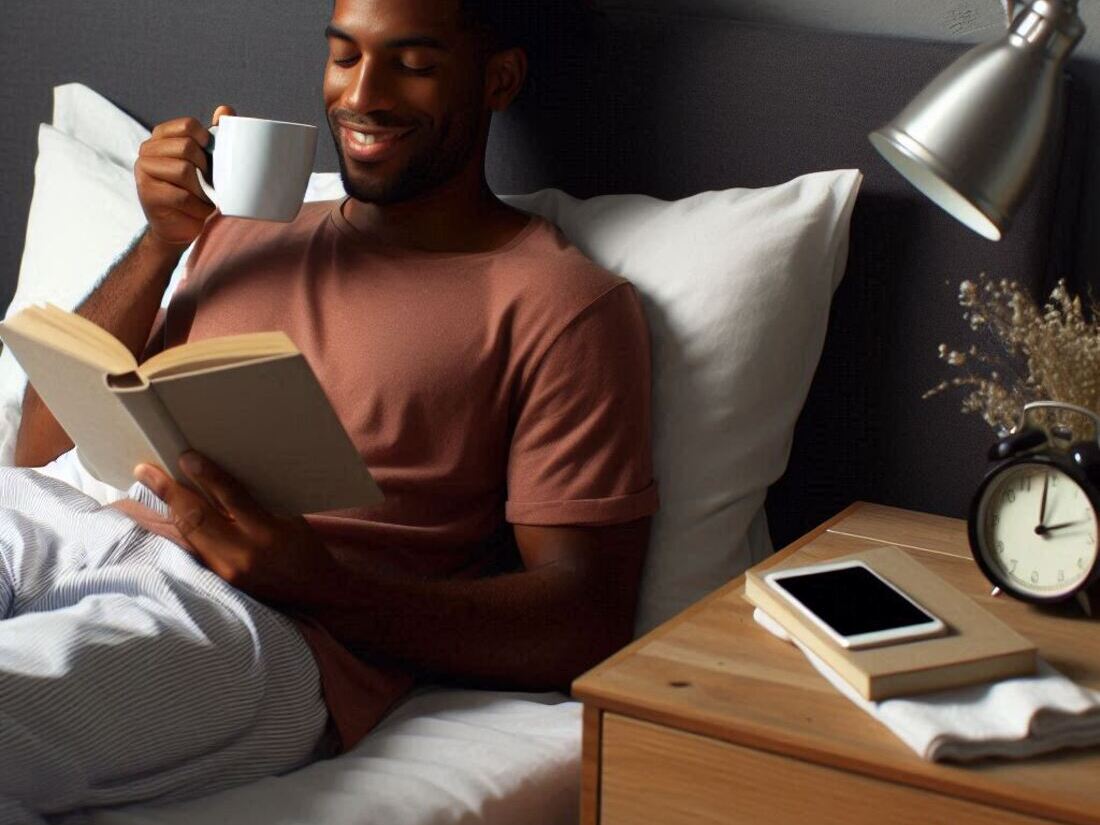Do you ever toss and turn all night, only to wake up feeling groggy and unrested?
Millions of people struggle with sleep issues, leaving them feeling drained and unable to function at their best.
But what if the key to a better night’s sleep could be hiding on your wrist?
In today’s fast-paced world, prioritizing sleep often falls by the wayside.

However, adequate sleep is crucial for our physical and mental well-being.
It impacts everything from our cognitive function and mood to our immune system and weight management.
So, how can we improve our sleep hygiene and wake up feeling refreshed and ready to take on the day?
Enter the world of activity trackers!
These once simple step-counting devices have evolved into sophisticated wellness companions, offering a wealth of data-driven insights into our sleep patterns.
By leveraging the power of activity trackers, you can unlock the secrets to a better night’s sleep and finally achieve the restful slumber you deserve.
Key Takeaways
- Activity trackers can monitor various sleep metrics, including sleep duration, sleep stages (light, deep, REM), sleep disturbances, and sleep efficiency.
- By analyzing this data, you can identify patterns and potential disruptions affecting your sleep quality.
- Activity trackers can offer personalized recommendations to improve your sleep hygiene, such as establishing a consistent sleep schedule, creating a relaxing bedtime routine, and optimizing your sleep environment.
- Many trackers also integrate with sleep-promoting features like calming sounds and guided meditations to help you wind down before bed.

How Activity Trackers Help You Sleep Better
- Unveiling Your Sleep Architecture: Most activity trackers use motion sensors to track your sleep stages throughout the night. This data allows you to see how much time you spend in light sleep, deep sleep, and REM sleep – all crucial stages for optimal rest and cognitive function.
- Identifying Sleep Disruptions: Activity trackers can detect potential sleep disruptions, such as restless sleep or frequent awakenings. This awareness empowers you to address these disruptions and create strategies for a more peaceful slumber.
- Sleep Efficiency Insights: Sleep efficiency refers to the percentage of time you’re actually asleep compared to the total time spent in bed. Activity trackers can calculate your sleep efficiency, highlighting areas for improvement.
- Personalized Sleep Coaching: Many activity trackers offer built-in sleep coaching features that analyze your sleep data and provide personalized recommendations. These insights can guide you towards establishing a consistent sleep schedule, creating a relaxing bedtime routine, and optimizing your sleep environment for better quality sleep.
- Promoting Relaxation Techniques: Some trackers integrate with features like calming sounds or guided meditations to help you unwind before bed and drift off to sleep more easily.

Finding the Perfect Sleep-Tracking Activity Tracker
- Metrics Tracked: Consider which sleep metrics are most important to you. Do you prioritize basic sleep duration, or are you interested in detailed sleep stage analysis?
- Battery Life: Choose a tracker with a battery life that caters to your charging habits.
- Comfort: A comfortable tracker you’ll wear throughout the night is essential for accurate sleep data collection.
- Smartwatch Integration: If you already own a smartwatch, explore models with advanced sleep tracking capabilities.
Here’s the updated table which highlights on how a type of user would benefit most from each product: (Note: Affiliate Links)
| Product | Key Features | User Benefits | Ideal For |
|---|---|---|---|
| Fitbit Charge 5 | Advanced sleep tracking, heart rate monitoring, stress management tools | Provides detailed sleep insights, monitors heart health, helps manage stress | Users looking for comprehensive health tracking and stress management |
| Garmin Vivosmart 4 | Pulse Ox sensor, advanced sleep monitoring, body battery energy monitoring | Tracks oxygen levels, offers detailed sleep stage analysis, monitors overall energy levels | Users interested in detailed sleep and oxygen level monitoring |
| Samsung Galaxy Fit 3 | Sleep tracking, fitness tracking, water resistance | Monitors sleep and fitness activities, suitable for swimming and other water activities | Users who need a versatile tracker for both sleep and fitness, including water activities |
| Xiaomi Mi Band 7 | Sleep tracking, heart rate monitoring, long battery life | Provides sleep and heart rate insights, long-lasting battery for extended use | Users seeking an affordable tracker with essential sleep and heart rate monitoring features |
This table should help your readers easily compare the features, benefits, and ideal user profiles for each tracker, making it simpler for a user to choose the right one for their needs.

Activity Trackers and Sleep: FAQs
Q: Can activity trackers definitively diagnose sleep disorders?
A: No, activity trackers are not a replacement for professional medical advice. While they can offer valuable insights into your sleep patterns, they cannot diagnose sleep disorders like sleep apnea. If you suspect you have a sleep disorder, consult a healthcare professional for proper diagnosis and treatment.
Q: My activity tracker data shows I’m not getting enough deep sleep. What can I do?
A: Several factors can contribute to less deep sleep. Focus on creating a relaxing bedtime routine, optimizing your sleep environment for darkness and coolness, and avoiding stimulating activities like screen time before bed. If concerns persist, consult a doctor.
Q: My tracker keeps waking me up with vibration alerts. Can I turn these off?
A: Absolutely! Most trackers allow you to customize notification settings. Disable sleep tracking notifications to avoid disruptions.
Sleep on It: Embrace a Restful Future
By incorporating an activity tracker into your sleep routine, you gain a powerful tool to understand your sleep patterns, identify areas for improvement, and ultimately achieve a better night’s rest.
Remember, consistency is key!
Utilize your tracker’s data and personalized recommendations to establish healthy sleep habits and wake up feeling refreshed and ready to conquer each day.
Ready to unlock the secrets to a better night’s sleep? Explore our curated selection of activity trackers with advanced sleep monitoring features listed in the Table above! We offer a variety of options to suit your needs and preferences.
Read the indepth information on activity trackers “The Ultimate Guide to Activity Trackers: Unlock Your Fitness Potential!“
Citations
- National Sleep Foundation. (2023, September 26). How Much Sleep Do We Really Need? Sleep Foundation.
- National Institute of Neurological Disorders and Stroke. (2020, April 16). Sleep Disorders. National Institutes of Health (.gov).
Note: This blog post is intended for informational purposes only. It is not a substitute for professional medical advice. Always consult with a healthcare professional before making any changes to your sleep routine or if you suspect you have a sleep disorder.
Related Posts
